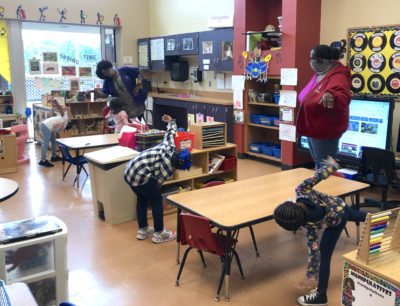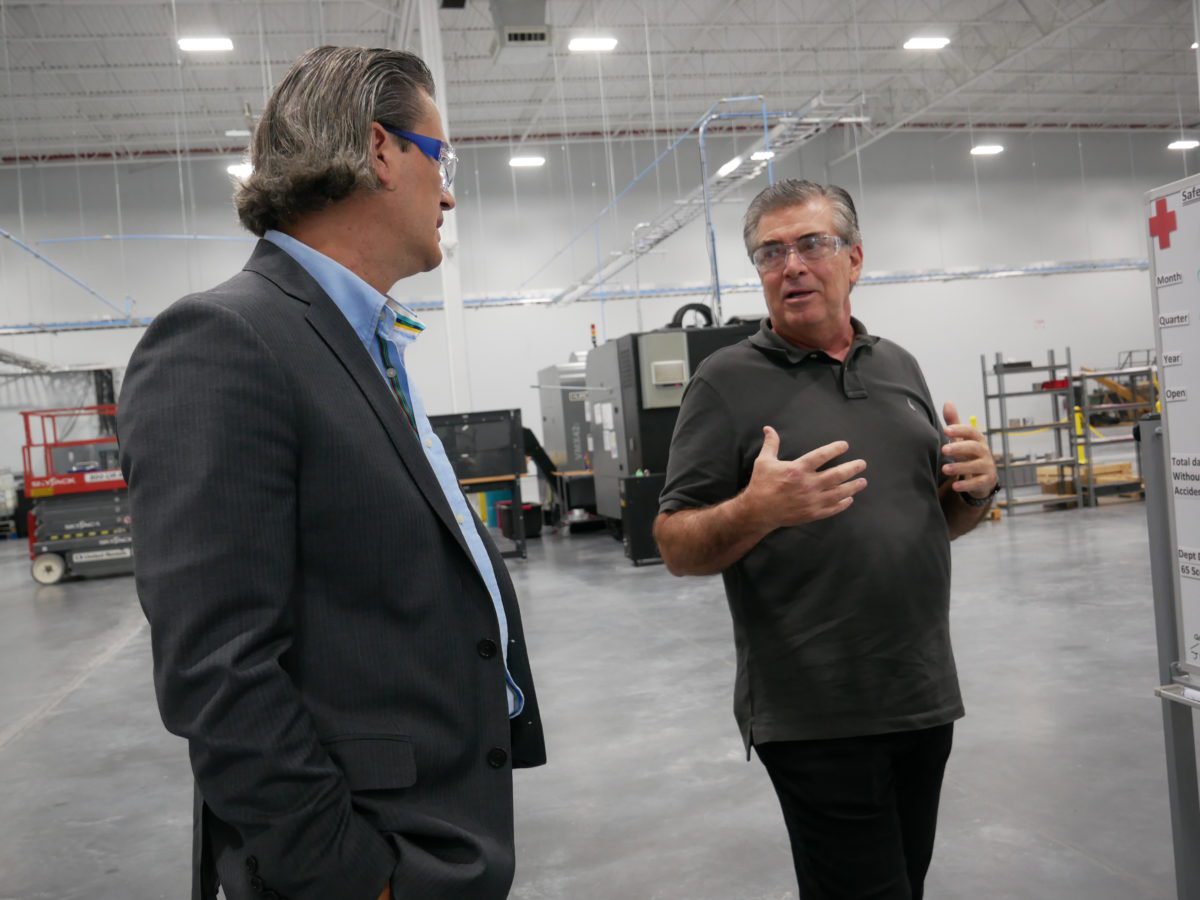

|
|
It was the partnership with Brunswick Community College (BCC) that helped the leaders of Precision Swiss Products settle on Leland, North Carolina, for their second site.
When Stephen Dillon, the company’s chief operating and financial officer, first visited Brunswick County from Milpitas, California, “everybody was at the table at the first meeting,” he said. Sitting beside him was Greg Bland, BCC’s vice president of economic workforce development and continuing education.
“The community support has been extremely awesome,” Dillon said. BCC has offered customized training to help the company, which makes parts for medical, aerospace, and semiconductor industries, with on-site upskilling to meet its specific needs. Soon the company will host a Manufacturing Day for BCC students and parents to visit the company and learn about manufacturing job opportunities. There’s also an apprenticeship in the works for students to earn money while going to the college.
Some of the company’s technology requires precision that “gets down to less than a strand of hair,” Dillon said. That requires complex machines — and people who can build and run them.
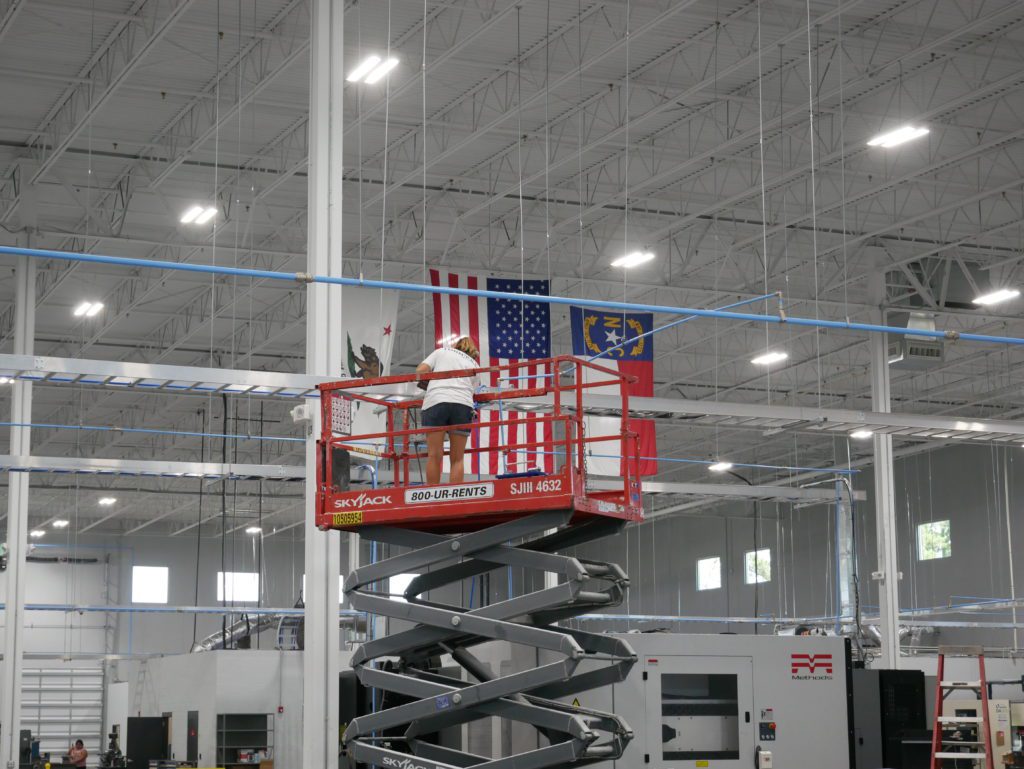

Bland and BCC President Gene Smith traveled to California to see the company’s original site to ensure that BCC could help replicate training and create a pipeline of employees. The college wrote and received a $200,000 grant from Golden LEAF Foundation to buy the kind of machine necessary (an eight-axis CNC machine, which is programmed for precision processing) to train students.
The company, which opened in June, has hired 45 employees and has committed to 125 jobs over five years.
That’s a big deal for the area, Bland said.
“Brunswick doesn’t have this level of manufacturing,” he said. “This is really a game changer for our county. When you get … an organization like this, and when they find success and they’re happy, and they talk and it makes the news, other people read about it and other organizations will consider moving here — and that’s the sort of snowball effect that we’re looking for.”
From a fishing village to a destination
BCC is looking for every opportunity to create economic mobility for a rapidly growing area. Brunswick County was the second-fastest growing county in the state in the 2020 census, trailing only Johnston County. The communities of Navassa, Leland, Northwest, and Calabash had jumps of 8% to 10% in population from 2020 to 2021.
The partnership with the company is just one of a variety of ways the college is looking to support the community as it evolves.
According to a recent economic impact report, BCC supported one out of every 42 jobs in the county in the 2019-20 fiscal year, adding $61.7 million in income to the economy, the equivalent of 1,285 local jobs.
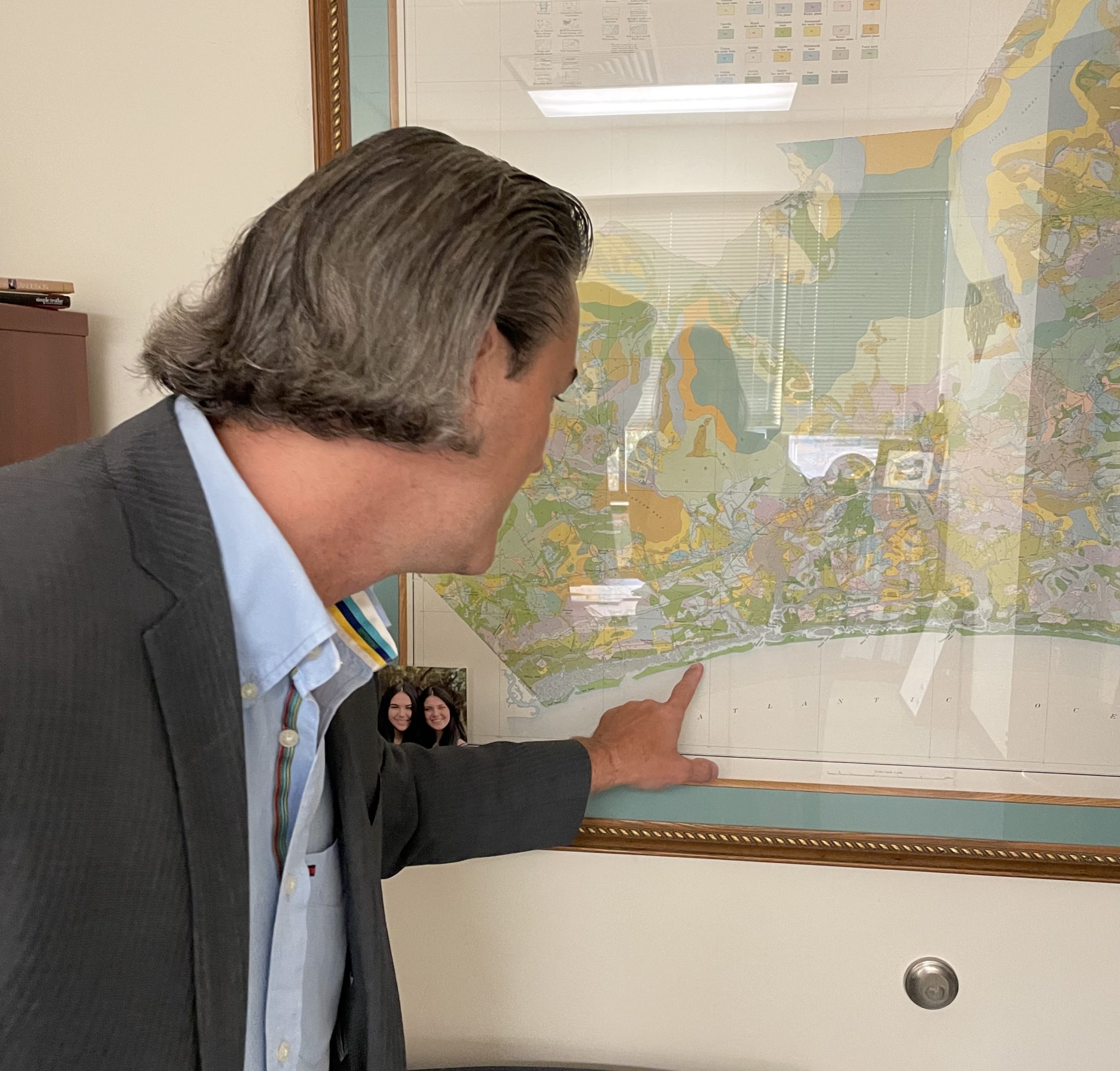

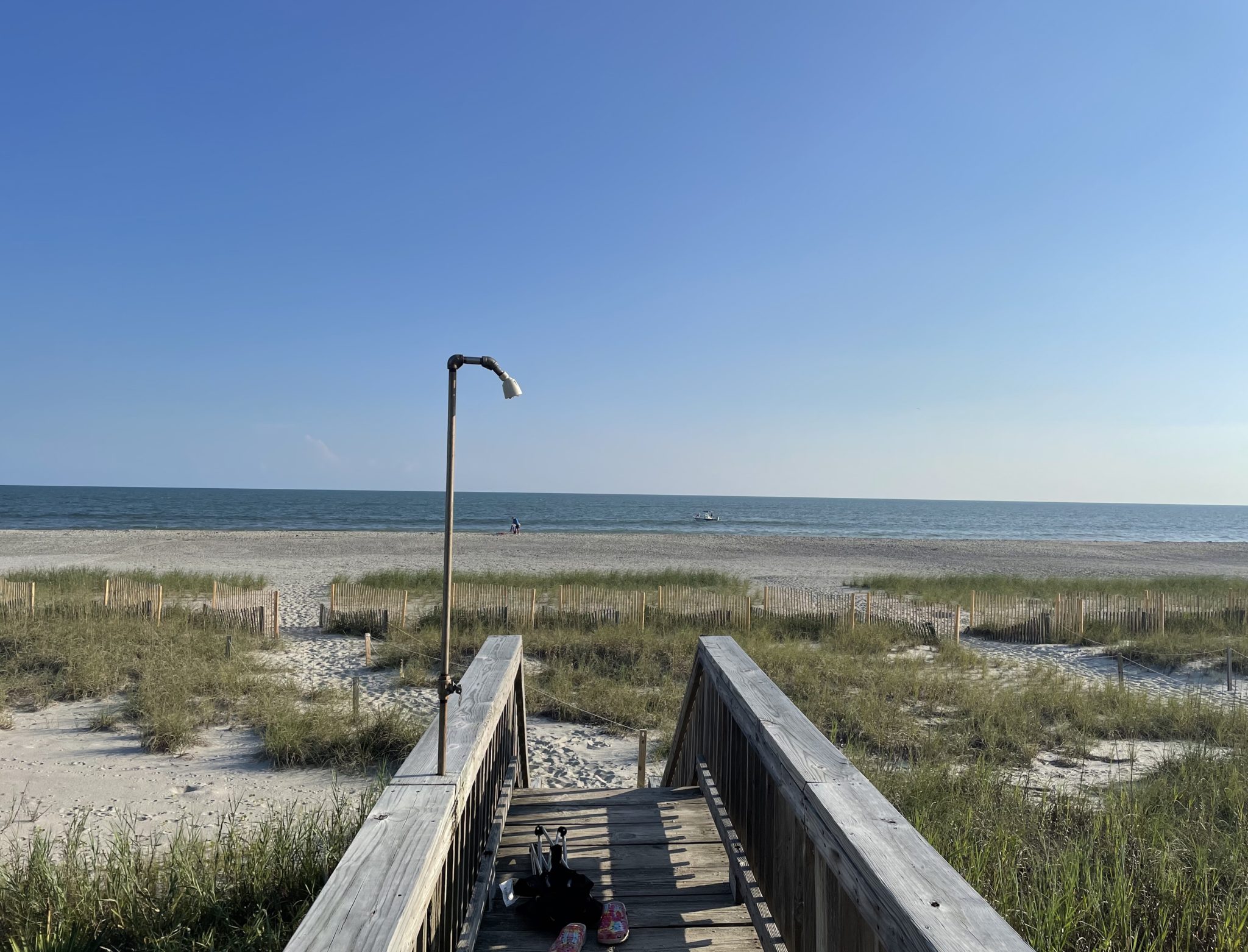

With the proximity to the beach and its location between Myrtle Beach and Wilmington, the growth is stemming from an influx of retirees, as well as families and those commuting for work in larger cities.
Bland, who has lived in Brunswick County his entire life, explained how the community, and jobs, have changed:
“As a kid, it was like a commercial fishing village… a lot of farming. A lot of that farming was tobacco, corn and soybeans. The tobacco is gone. It’s become more of a destination for those that want to travel and spend the summers and the weekend, and then they decide they want to stay. There was a time when beach property was very inexpensive here because you can’t grow corn in the sand.”
BCC adapts
One can see those changes reflected in BCC’s offerings. Across from the campus’s Fitness and Aquatic Center once sat the college’s legacy program, President Smith said: aquaculture.
“Twenty-two years ago, we had five large fish farms in the county and a lot of jobs,” he said. “But there are no jobs in Brunswick County now dealing with that type of aquaculture fresh fish.”
Now it’s a workforce development center for trades education — plumbing, carpentry, masonry, small engine repair, electrical line work, blueprint reading, and more. These skills will be needed with the growth in construction in the area, Smith and Bland said. The welding program has seen growth as well after it started offering industry-approved credentials from the National Coalition of Credentials Center.
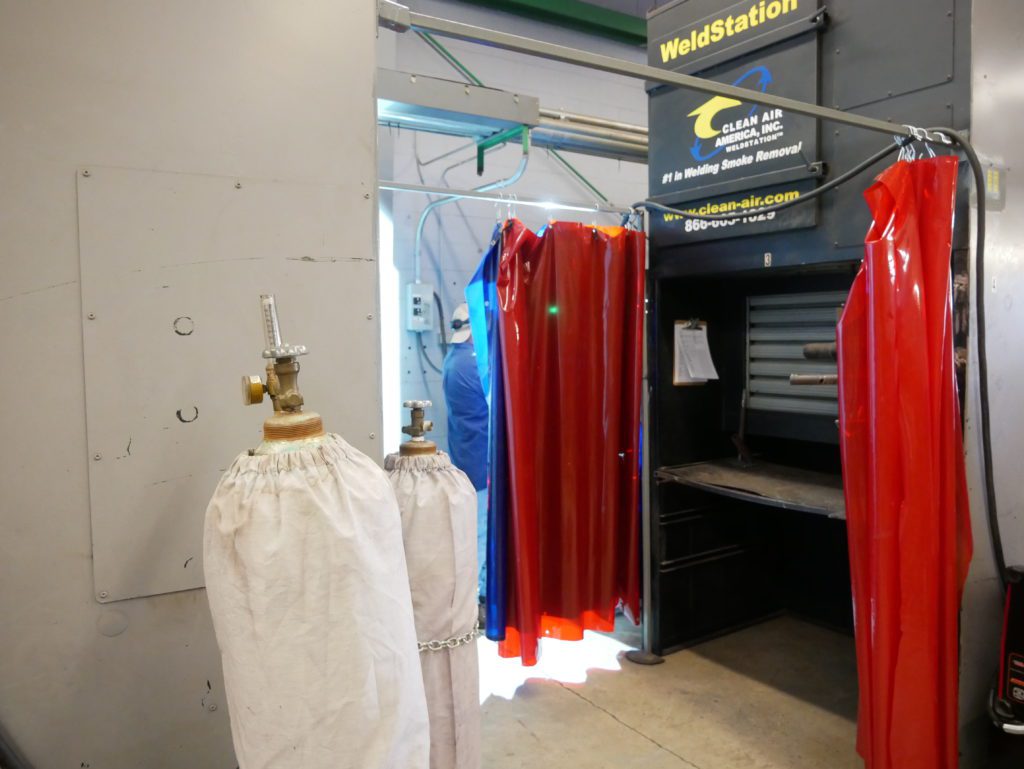

“Enrollment went from scraping together 15 kids that want to be in welding, to waiting lists for two sections with 20 in each section,” said Dick Bowie, BCC’s director of welding technology. Smith said the college plans to double that enrollment in the near future.
The college also recently approved a public safety facility to keep up with the demand for first responders to serve a growing population next to the coast. It’s in the former location of 29 fish ponds with more than half a million fish.
The college ended EdNC’s recent visit with a tour of its new culinary program, which has been around for only a year — another example of changing industry needs.
For Bland, this work is personal. He can make connections with his own family’s story to illustrate the challenges residents face. The partnership with Swiss Precision represents new opportunity in a new Brunswick County.
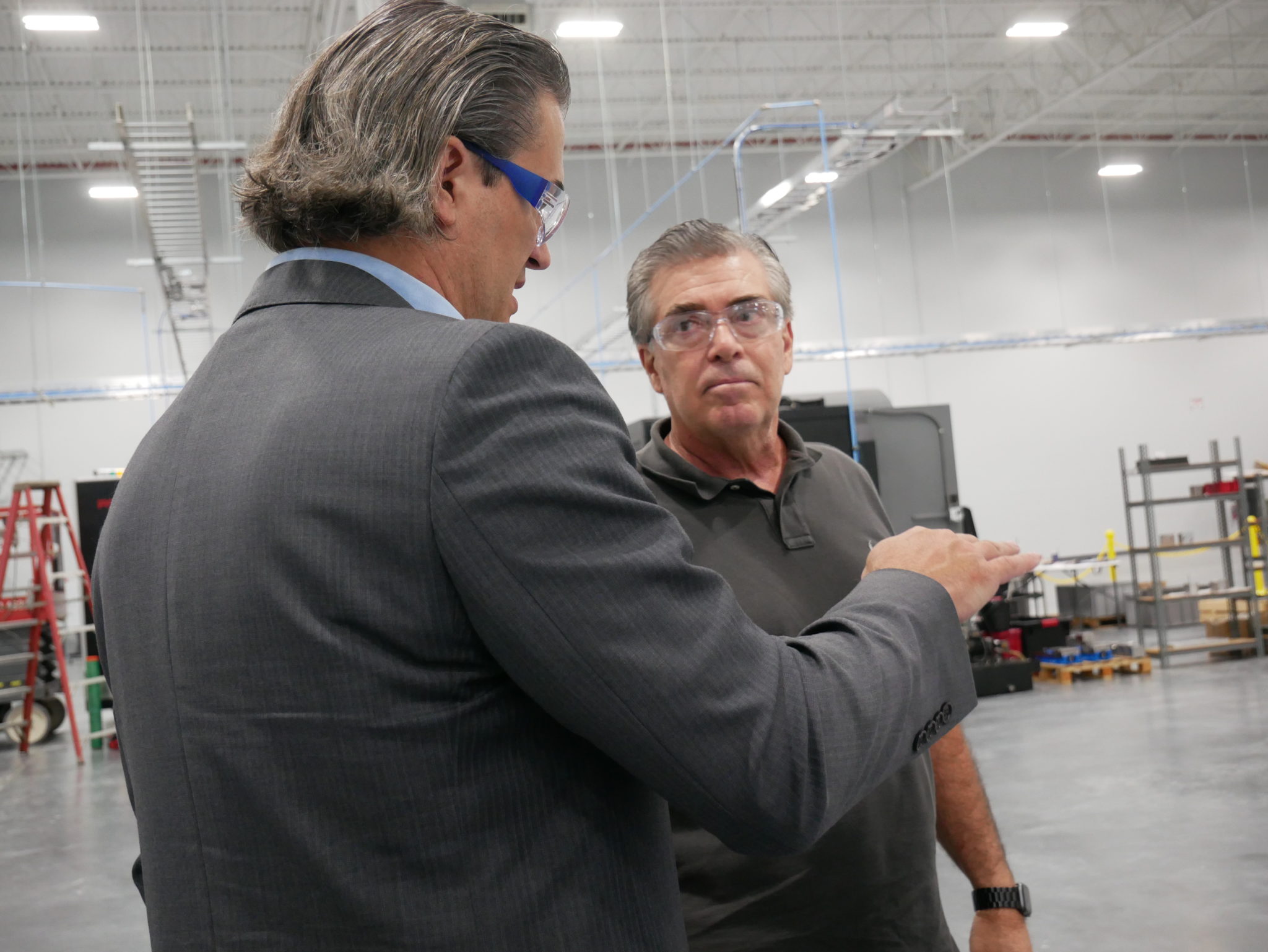

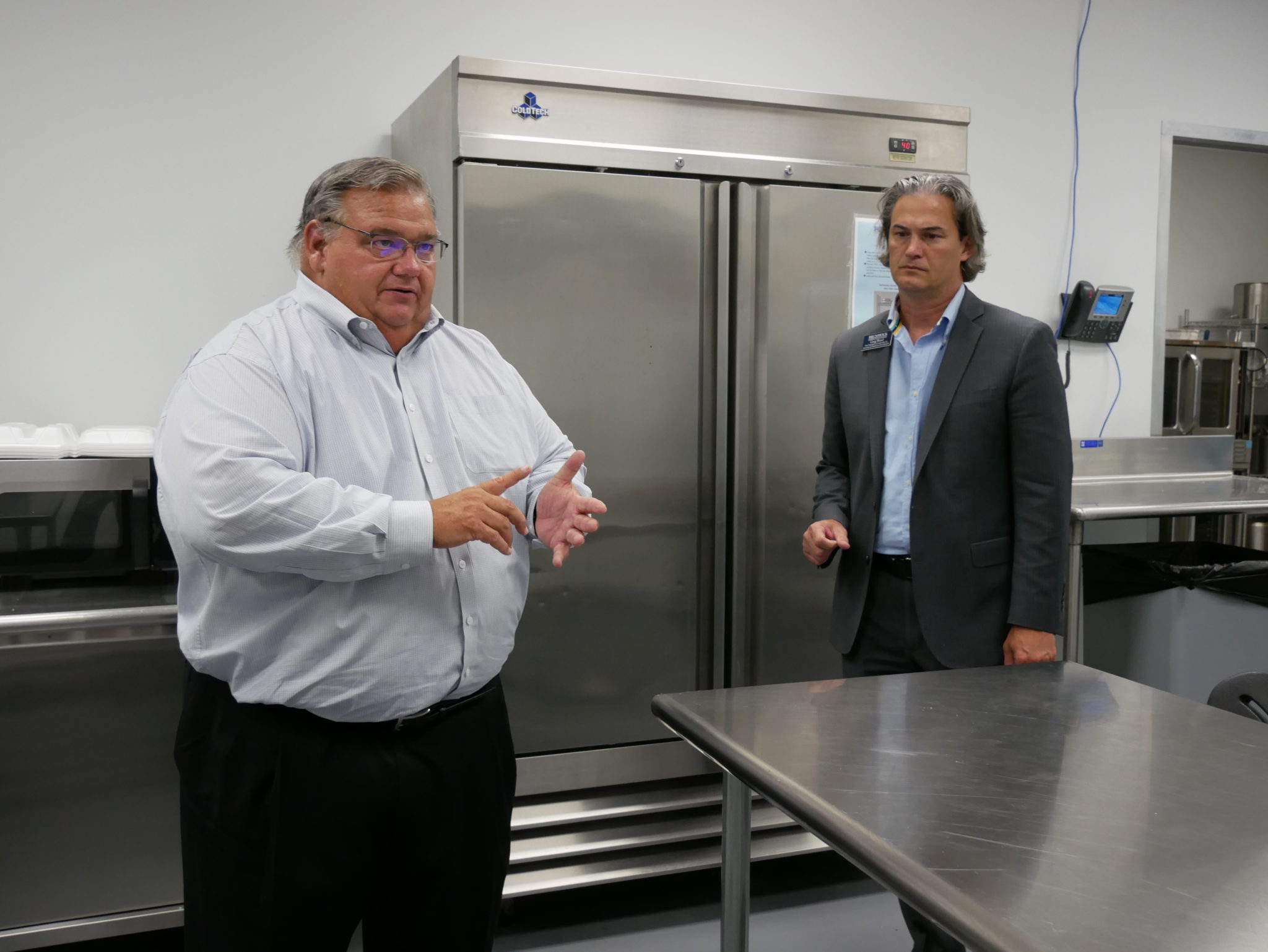

“My mom was a waitress after my dad passed away, and she would make enough money to pay the bills for the summer, and then in the winter, it was submitting applications and struggling,” Bland said. “It happens all the time with the residents here. There is no year-round employment with benefits for folks that didn’t finish their education in a bachelor’s or graduate status…
“This is an opportunity — organizations like this where you can quickly upskill in an affordable way and find year-round stable employment with a family-sustaining wage.”
For now, Dillon is excited to welcome children and parents to the company for the Manufacturing Day, and to dispel myths of what manufacturing looks and feels like — and can mean for someone’s future.
“A lot of kids, I think, are pushed to four-year college, when that’s not necessarily where they need to be, want to be — and there’s this alternative path that can be so lucrative. I just think that’s the opportunity, to change that perception.”



